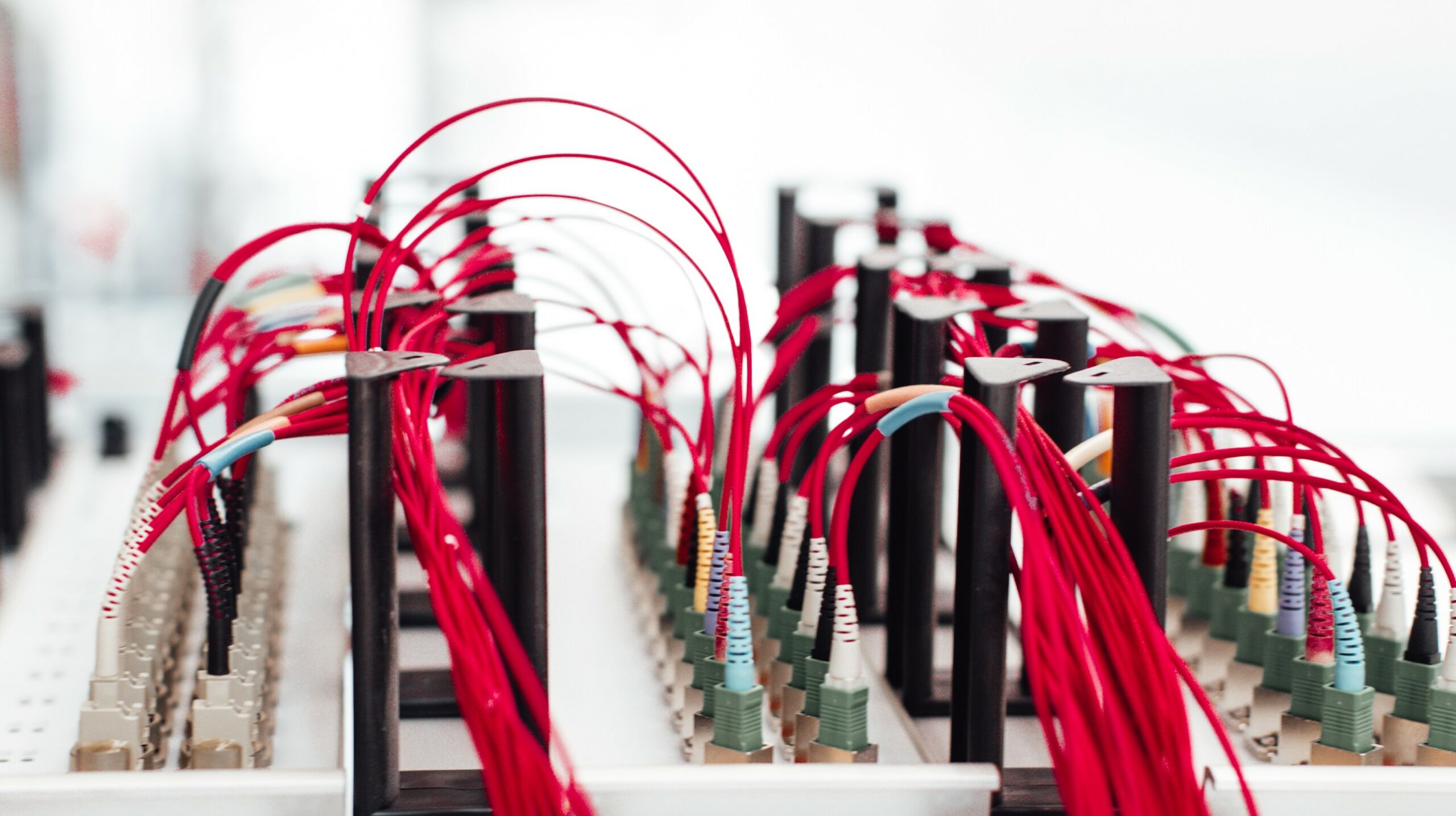As startups and established businesses generate ever-increasing quantities of data, they must find reliable and economical IT infrastructure hosting solutions. There are many options, but they generally break down into three broad categories:
- cloud infrastructure hosting
- colocate your infrastructure in a managed data center
- invest in an in-house data center
Businesses that want to maintain control over their physical infrastructure may prefer not to use cloud hosting, which leaves two options: colocation or on-premises data centers. Both have pros and cons, and the right choice ultimately depends on an organization’s particular needs.
In this article, we’ll explore the differences between colocation and in-house data centers, the pros and cons of each, and suggest some factors to consider when making this critical decision.
What Is Colocation?
Colocation hosts your privately owned servers in a data center owned and managed by a third party. Colocation data centers offer secure, reliable and scalable infrastructure, allowing businesses to share the costs associated with power, cooling and connectivity. Reputable colocation providers offer 24/7 support, ensuring that your business can focus on its core activities while your data remains safe and accessible.
The benefits of hosting your servers in a colocation data center include:
- Cost Effectiveness: Colocation data centers allow businesses to save on the costs of building, maintaining and operating their own data centers. That makes them an attractive option for expanding businesses that require additional resources and capacity.
- Reduced IT and Overhead Costs: By outsourcing data center management, organizations can reduce their IT staff and overhead expenses.
- Higher Bandwidth: Colocation facilities often provide higher levels of bandwidth than in-house data centers, ensuring faster data transfer speeds and improved connectivity.
- Enhanced Redundancy and Security: Colocation providers typically offer redundant power, cooling and network connectivity, as well as advanced security features to protect against physical and cyber threats.
The main drawback of colocation is that your IT staff may have limited access to servers, particularly if your offices are at a considerable distance from the data center, making it more challenging to perform maintenance and troubleshooting tasks. However, reputable data center operators will offer expert “remote hands” services, which can carry out tasks such as reboots, hard drive replacements, rack installation and cable installation.
What Is an In-House Data Center?
An in-house data center is a privately owned facility where an organization houses its servers, networking equipment and data storage systems. Your business builds, maintains and operates the data center, giving you complete control over your data and infrastructure.
In comparison to colocation, there are two main benefits to building and managing an in-house data center:
- Convenient Server Access: Owning an in-house data center allows you to have direct, on-site access to servers and equipment, making it easier to perform maintenance and troubleshooting tasks.
- Proprietary Control: In-house data centers give you complete control over your network, allowing you to implement custom security measures and infrastructure configurations.
The main drawbacks of in-house data centers are the cost, the management burden and the challenge and expense of implementing reliable systems:
- Upfront Payment: Building and setting up an in-house data center requires significant capital investment for construction, equipment purchases and installation.
- In-House Management: Operating an in-house data center requires ongoing staff and resources dedicated to maintaining and managing the facility and its equipment.
- Single Point of Failure: In-house data centers often lack the redundancy features found in colocation facilities, making them more vulnerable to power outages, equipment failures and other disruptions.
Factors to Consider When Choosing Between Colocation and In-House Data Centers
Budget and Cost Effectiveness
Take the time to compare the required budget and the total cost of ownership for each option. While in-house data centers give you more control, colocation can provide significant infrastructure and maintenance cost savings.
Scalability and Flexibility
Scalability and flexibility are crucial for businesses that anticipate growth or changes in their data storage needs. Colocation facilities are typically more scalable and flexible while being less expensive, allowing you to easily expand your data storage capacity as needed.
Security and Redundancy
You should also consider the security and redundancy features of each option. Colocation providers often offer advanced security measures and redundancy, including services like off-site backups and disaster recovery, while in-house data centers require substantial additional investments to achieve similar level of protection and reliability.
IT Expertise and Support
The availability of IT expertise and support is another essential factor to keep in mind. Colocation providers typically offer 24/7 support for issues arising from their infrastructure, while organizations with in-house data centers must rely on their internal IT team for maintenance and troubleshooting.
How to Choose the Right Colocation Provider
When considering colocation, it’s essential to choose a provider with the right mix of infrastructure, support and security features. Liberty Center One is a leading colocation provider with facilities in Detroit, Dallas and Cincinnati.
All our facilities offer redundant connectivity and power, a wide range of server rackspace options, and IT solutions tailored to your individual needs. To learn how we can help your business scale its IT footprint, talk to a colocation specialist today.
